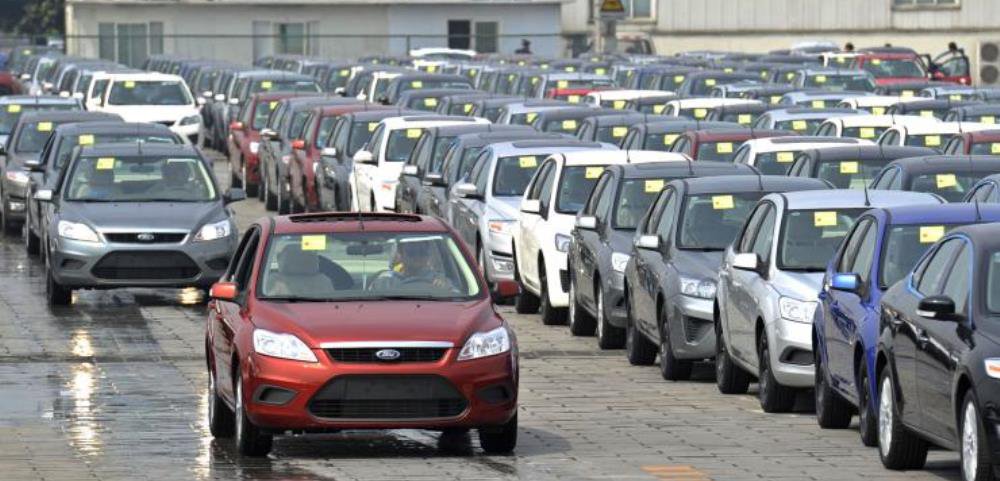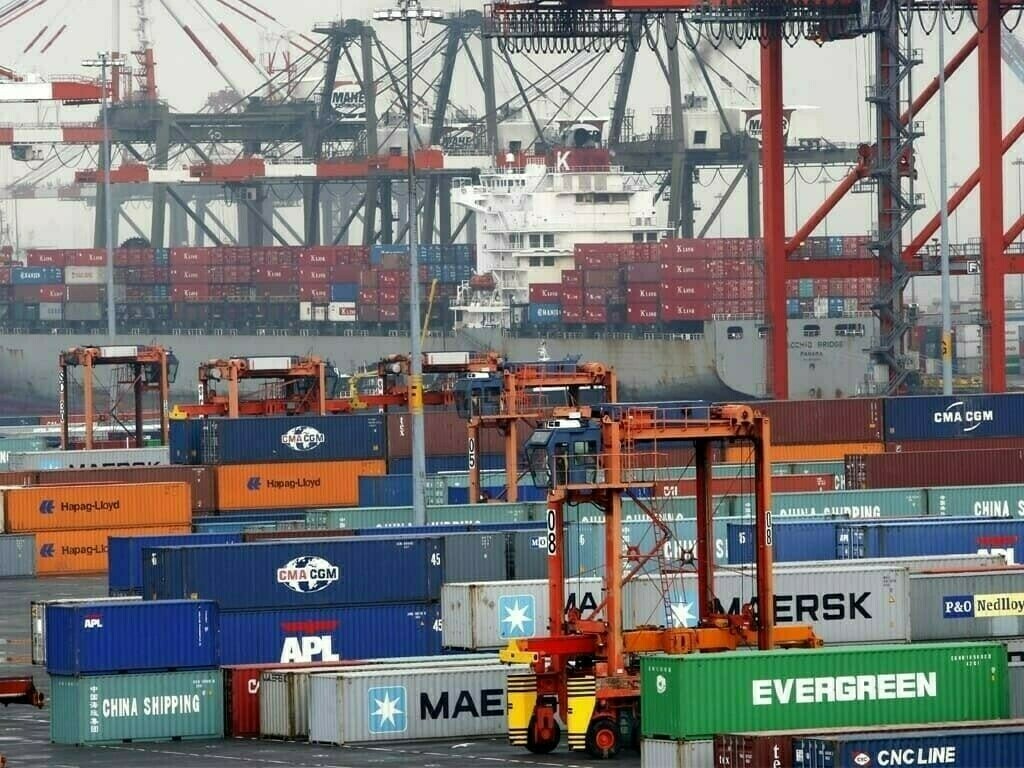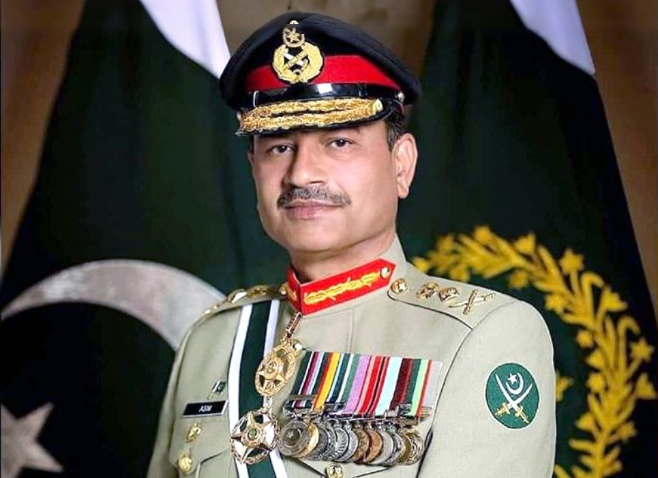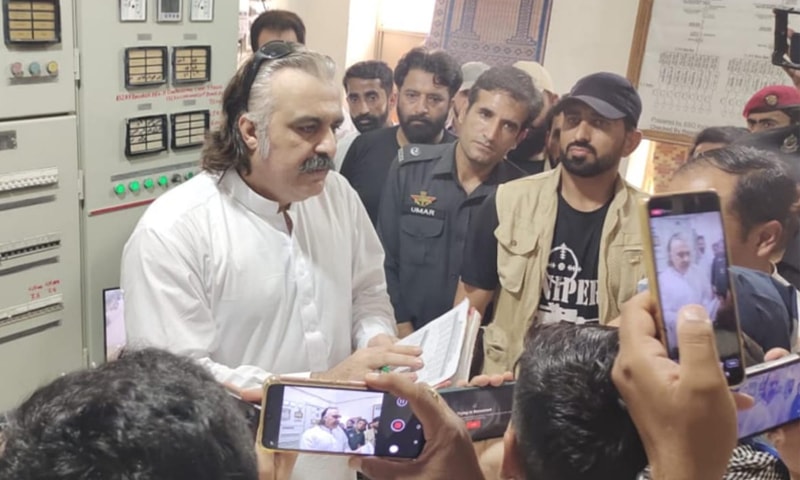Mohsin Siddiqui (Chief Reporter)
In the latest budget announcement for fiscal year 2024-2025, Finance Minister Muhammad Aurangzeb unveiled a series of strategic reforms aimed at bolstering Pakistan’s economy through targeted policy adjustments and sectoral support. Key among these reforms is the government’s decision to withdraw customs duty concessions on hybrid vehicles, signaling a shift towards promoting local manufacturing in the automotive sector.
One of the prominent changes introduced in the budget is the elimination of concessions on custom duties for hybrid vehicles. Minister Aurangzeb justified this move by highlighting the evolving landscape of Pakistan’s automotive industry, where local production of hybrid vehicles has reduced the price gap with traditional vehicles. This policy shift aims not only to support domestic manufacturing capabilities but also to align incentives with broader economic objectives.
The budget addresses concerns related to luxury electric vehicles (EVs) by removing concessions on their imports. This decision underscores the government’s stance that buyers capable of affording high-end EVs should contribute equitably through taxes, thereby ensuring a fair fiscal policy framework.
In a bid to rationalize tax structures within the automotive sector, the government proposes a transition from engine capacity-based taxes to a cost ratio basis for vehicles up to 2,000 CC. This adjustment reflects recent trends in rising vehicle prices and aims to maintain a balanced approach towards taxation that considers affordability and market dynamics.
Emphasizing the government’s commitment to environmental sustainability, Minister Aurangzeb allocated Rs4 billion for promoting electric bikes, aligning budgetary measures with climate mitigation goals. This initiative not only supports cleaner transportation alternatives but also stimulates innovation and local production in the burgeoning electric vehicle sector.
Auto sector analyst Mashood Khan welcomed the government’s move to discourage luxury vehicle imports but cautioned against the ongoing challenges faced by the truck and bus manufacturing sector. Khan pointed out that despite existing production capacities, significant imports in these segments continue to strain foreign exchange reserves. He advocated for policies that stimulate local production, particularly in essential transportation sectors, and called for incentives to alleviate pressures on small car manufacturers catering to the middle-class market.
Highlighting the budget’s perceived gaps, Khan also noted the limited provisions for small and medium-sized enterprises (SMEs), stressing the pivotal role these enterprises play in economic growth. He urged the government to introduce comprehensive incentives and supportive policies that foster SME development beyond mere export credit facilities.
Public and expert reactions to the budget have been mixed, with calls for additional incentives for the auto industry to spur recovery and growth. Analysts underscore the importance of reducing heavy taxes on passenger cars to make them more accessible to the middle class, thereby stimulating consumer demand and supporting local manufacturing capacities.
In response to critiques, Minister Aurangzeb reaffirmed the government’s commitment to structural reforms aimed at achieving sustainable economic growth. He outlined a vision that prioritizes market-driven policies, regulatory reforms, and strategic privatization efforts to invigorate investment and exports. The introduction of the ‘Tajir Dost Scheme’ to formalize retail, wholesale, and dealership sectors reflects efforts to streamline business operations and enhance revenue collection mechanisms.




